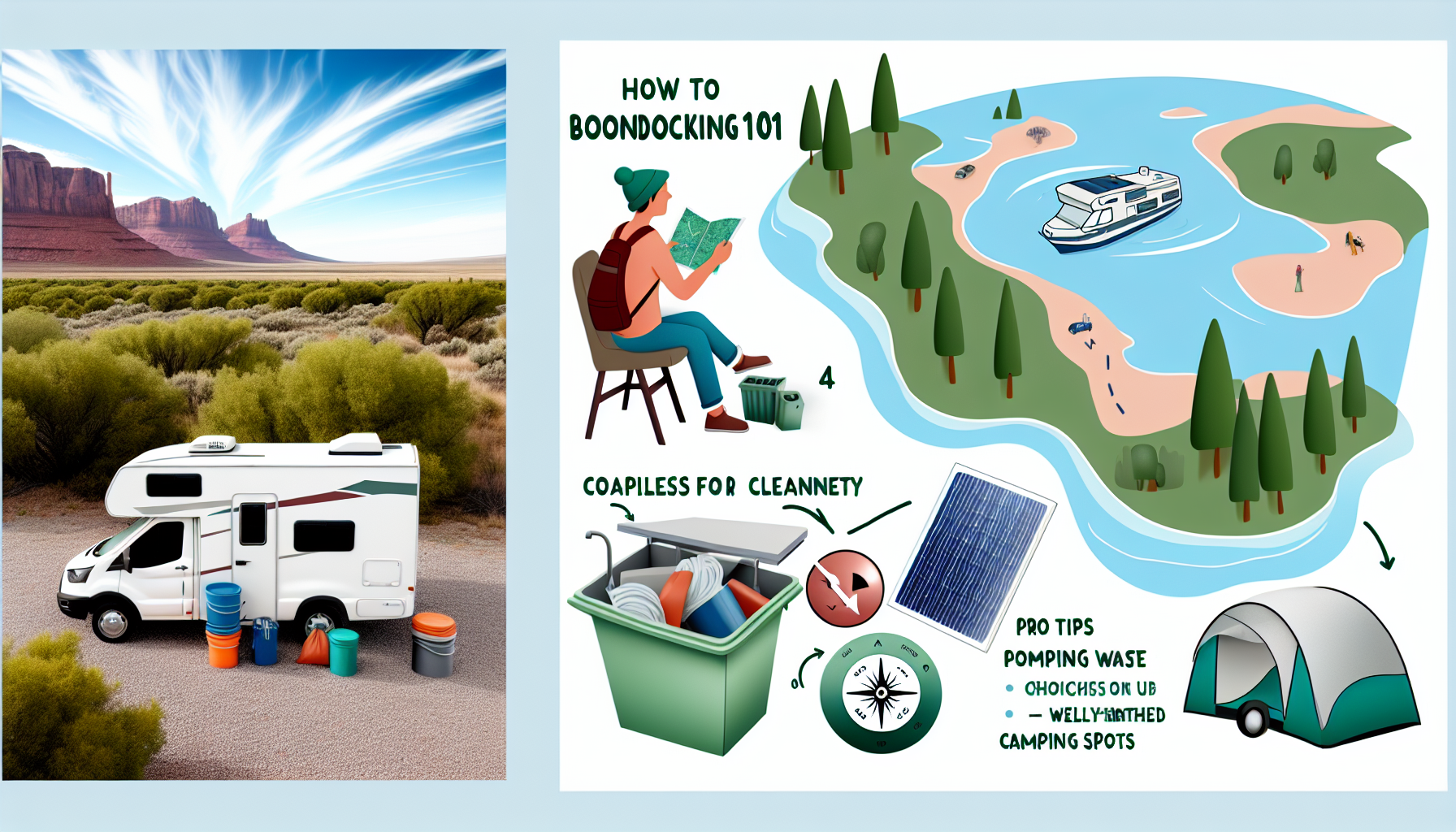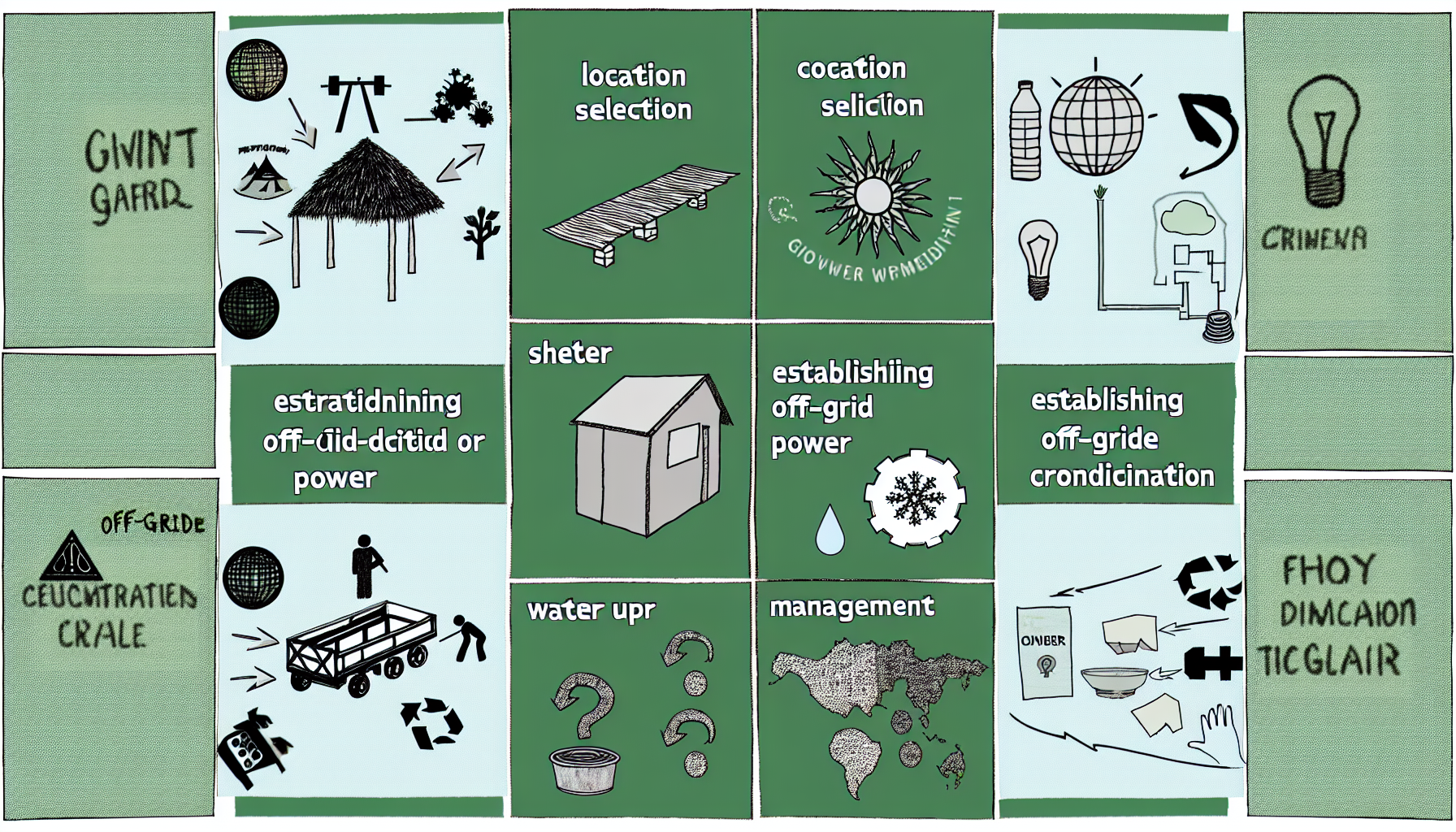A Peaceful Campfire Interrupted
The sun was setting over the ridge, casting golden hues across your campsite. The fire crackled, marshmallows were skewered, and you were finally unplugged and unwinding. Then came the buzz. First by your ear, then on your ankle, then—slap!—too late. Within moments, your serene evening turned into a swatting frenzy.
If you’ve ever camped, hiked, or simply sat outside during peak bug season, you know this scenario too well. Mosquitoes, ticks, and biting flies can turn an otherwise perfect outdoor adventure into an itchy ordeal. But managing these pests doesn’t have to involve harsh chemicals or constant discomfort. With the right mix of strategies, you can enjoy the outdoors without sacrificing your skin—or your environmental values.
1. Nature vs. Nasty: Choosing the Right Repellents
Natural Repellents:
Plant-based options like oil of lemon eucalyptus, citronella, and lavender oil offer effective short-term protection. These are ideal for low-bug environments or for those with sensitive skin.
- Pros: Biodegradable, lower toxicity, safe for kids and pets.
- Cons: Need frequent reapplication (every 2–3 hours), less effective in heavy bug zones.
Chemical Repellents:
DEET and picaridin are two of the most common synthetic options. DEET offers long-lasting protection, while picaridin is odorless and less greasy.
- Pros: Highly effective against mosquitoes and ticks, longer-lasting (up to 10 hours).
- Cons: Can irritate skin, potentially harmful to gear and the environment if overused.
Environmental Tip: Choose a lower-concentration (10–30%) DEET product and apply only to exposed skin. Never spray directly on water sources or plants.
2. Wear Your Shield: Clothing as a First Line of Defense
The right clothing can do more than keep you warm—it can keep bugs away.
- Long sleeves and pants: Light-colored, tightly-woven fabrics deter mosquitoes and make it easier to spot ticks.
- Tuck and tie: Tuck pants into socks, and shirts into waistbands to block tick entry points.
- Bug jackets and head nets: For high-infestation zones, these mesh garments provide a physical barrier without chemicals.
Permethrin-Treated Gear:
Permethrin is a synthetic insecticide derived from chrysanthemum flowers. When bonded to clothing, it repels and kills ticks, mosquitoes, and flies on contact.
- Use it safely: Buy pre-treated gear or treat your own clothing (never apply directly to skin).
- Longevity: One treatment can last through multiple washes (up to 6 weeks or 6 washings).
3. Smart Camping in Buggy Regions
Choose Your Site Wisely:
- Avoid setting up near standing water, dense brush, or tall grass.
- Camp on higher ground where breezes help keep flying insects at bay.
Timing Matters:
- Avoid peak mosquito hours—typically dawn and dusk.
- Plan hikes during mid-morning or mid-afternoon when bugs are less active.
Campfire Hacks:
- Toss herbs like sage or rosemary into the fire—mosquitoes hate the smell.
- Use a fan in your tent or seating area: flying insects struggle in moving air.
Smell Management:
- Avoid scented lotions, soaps, and shampoos.
- Store food and garbage airtight—biting flies are drawn to smells.
4. Tick Tactics: Protocols That Could Save Your Health
Ticks don’t just bite: they can transmit Lyme disease and other dangerous infections. That makes prevention critical.
Before You Go:
- Treat clothes and gear with permethrin.
- Use a repellent with at least 20% DEET or 20% picaridin on exposed skin.
During Your Trip:
- Stay on trails—ticks love tall grass and leaf litter.
- Do regular “tick checks” on yourself, kids, and pets every few hours.
After Exposure:
- Shower within two hours of returning indoors.
- Check hidden spots: behind ears, underarms, waistband, scalp, and groin.
- Remove ticks carefully with tweezers, gripping close to the skin and pulling steadily.
5. Keep Your Cool, Even When the Bugs Don’t
Getting bitten is frustrating, but panicking—or dousing yourself in chemicals—isn’t the answer.
Stay Calm Kit:
- Pack antihistamine cream or lotion for bites.
- Bring a light, breathable bug net for sleeping.
- Use citronella candles or essential oil diffusers around camp.
Mental Game:
- Accept some bug presence as part of nature.
- Focus on prevention, not paranoia.
With preparation and the right tools, you can enjoy your next outdoor trip without the unwanted company of biting insects. Keep your footprint light, your skin bite-free, and your sanity intact.
Further Reading & Resources
Learn how to choose and apply repellents safely and effectively.
Find a repellent that matches your needs and preferences.
Tools and tips for identifying, preventing, and removing ticks.
Bug safety advice tailored for campers and hikers in national parks.








